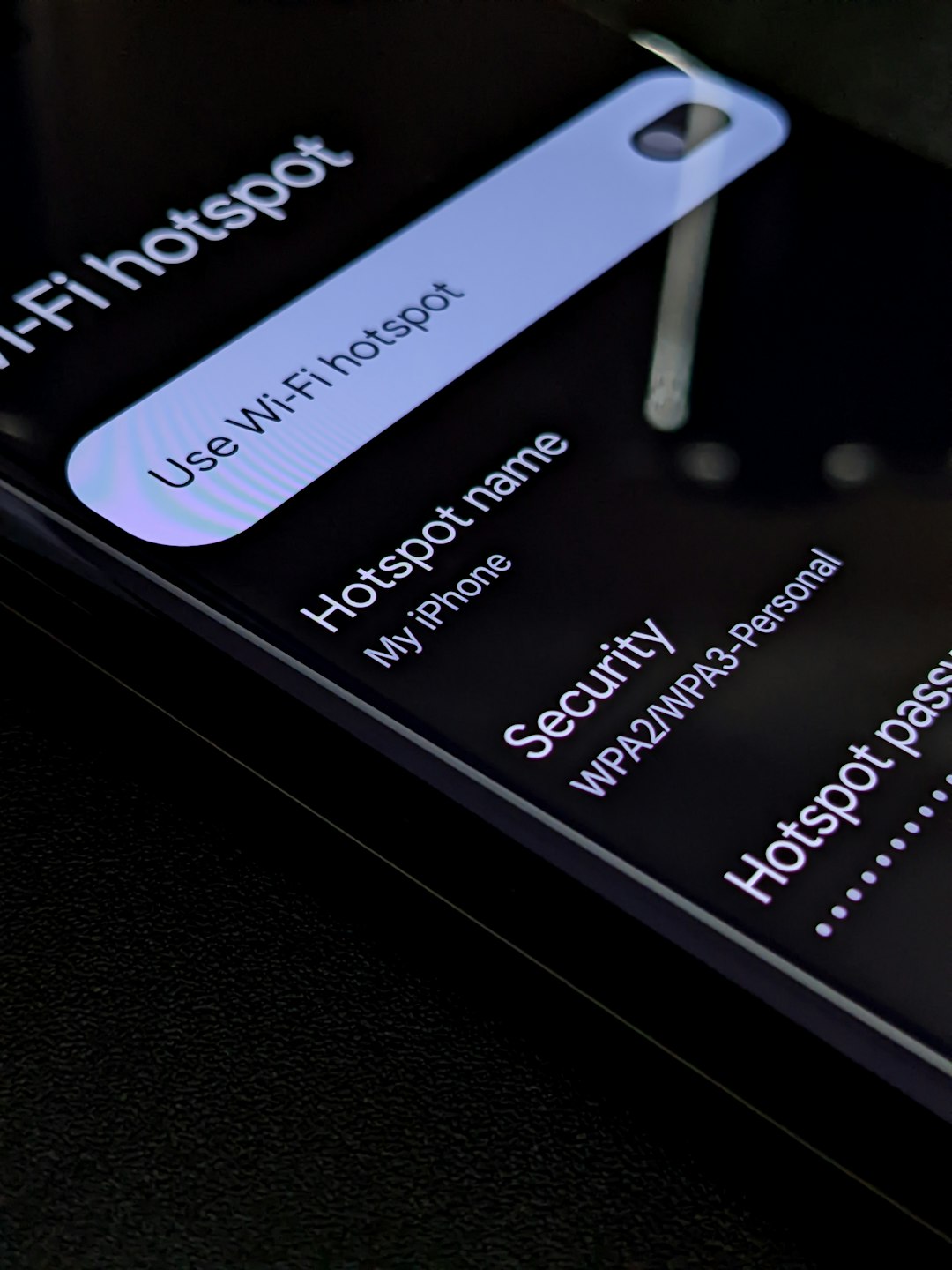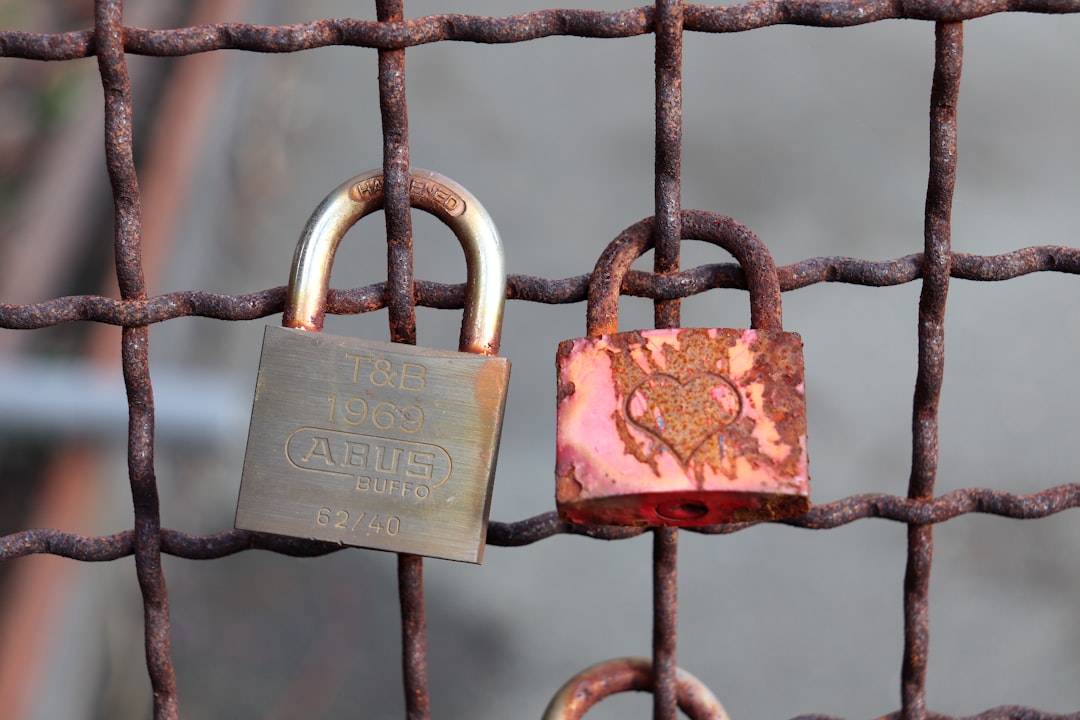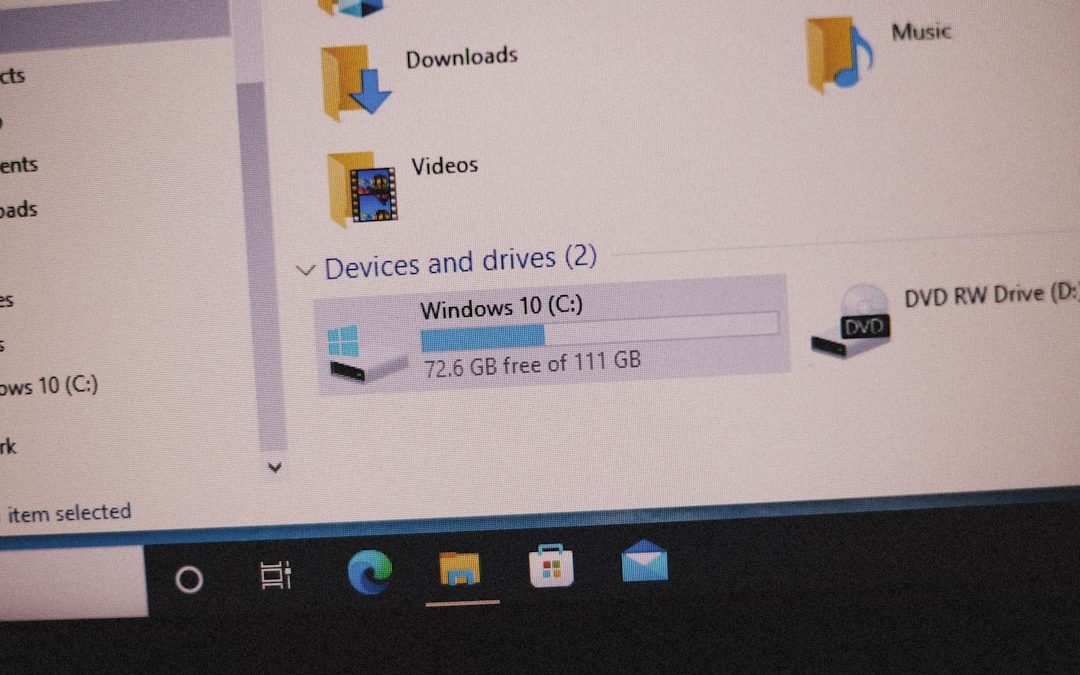Everyone loves privacy online. Nobody wants strangers looking through their digital windows. That’s why we use VPNs. But what happens when there’s something even cooler than a regular VPN? That’s where decentralized VPNs come in. Let’s explore them together!
What is a VPN?
First, a quick recap. A VPN (Virtual Private Network) helps hide your IP address. It lets you browse safely by sending your data through a secure server. Popular VPNs include NordVPN, ExpressVPN, and others.
You pick a country, click connect… boom! You’re invisible (well, sort of).
What is a Decentralized VPN?
A Decentralized VPN (often called a dVPN) is like a regular VPN… but cooler and more community-powered. Instead of routing your data through one company’s server, it uses a network of nodes powered by people like you and me.
It’s like Uber, but for internet privacy. Instead of one big company, many small players help make it work.

How Are They Different?
Let’s break it down:
- Regular VPN: Centralized. One company controls everything.
- dVPN: Decentralized. Many people host servers or nodes.
Now let’s compare them in some key areas:
1. Privacy
- VPN: Your data goes through a company. You must trust them.
- dVPN: Nobody owns the whole system. It’s more private by design.
2. Censorship Resistance
- VPN: Can be blocked by governments or ISPs.
- dVPN: Harder to censor. Traffic jumps between random peers.
3. Speed and Reliability
- VPN: Usually fast and stable. You pay for quality.
- dVPN: Might be slower. It depends on who’s powering the nodes.
4. Cost
- VPN: Monthly fees apply.
- dVPN: Some are free or use tokens. You might earn rewards for sharing your connection.
Use Cases for Decentralized VPNs
So when might you choose a dVPN instead of a VPN? Let’s look at a few real-world scenarios.
Bypassing Government Censorship
Suppose you’re in a country where lots of websites are blocked. Regular VPNs are often on the banned list too. But dVPNs? They’re harder to track and block. You connect to random people—no central server to shut down.
Increased Anonymity
dVPNs don’t need to know your name or email. Some don’t even ask you to sign up. If you value anonymous browsing, this is a big plus.
Helping the Network
You can join the network by becoming a node. That means you share a bit of your internet with others – and you get paid (in crypto or tokens). It’s like renting your Wi-Fi to people who need privacy!

So, Which is Better?
It depends on what you want. Let’s sum it up:
- Use a VPN if: You want simple setup, high speed, and reliable servers. You trust the company’s no-logs policy.
- Use a dVPN if: You want more control, stronger anonymity, and to help build a better internet.
In the future, we might see both working together. Imagine a super-VPN that uses decentralized power but keeps things easy for users.
Popular dVPNs to Try
Bored of one-size-fits-all VPNs? Here are a few dVPNs shaking things up:
- Mysterium Network: Open-source and run by everyday users.
- SENTINEL: Built on blockchain. Use tokens and earn by hosting.
- Orchid: Buy bandwidth with crypto and browse freely.
Final Thoughts
Decentralized VPNs are still pretty new. But they’re exciting! They’re changing how we think about online privacy.
The internet was meant to be open and fair. Decentralized VPNs bring us closer to that dream. So, next time you want to hide your online tracks, maybe try a dVPN. Who knew sharing your Wi-Fi could help save online freedom?
yehiweb
Related posts
New Articles
Step-by-Step Guide to Using Obscure Tools for Web Design Projects
Modern web design often revolves around popular platforms and tools, yet some of the most innovative and efficient workflows emerge…

